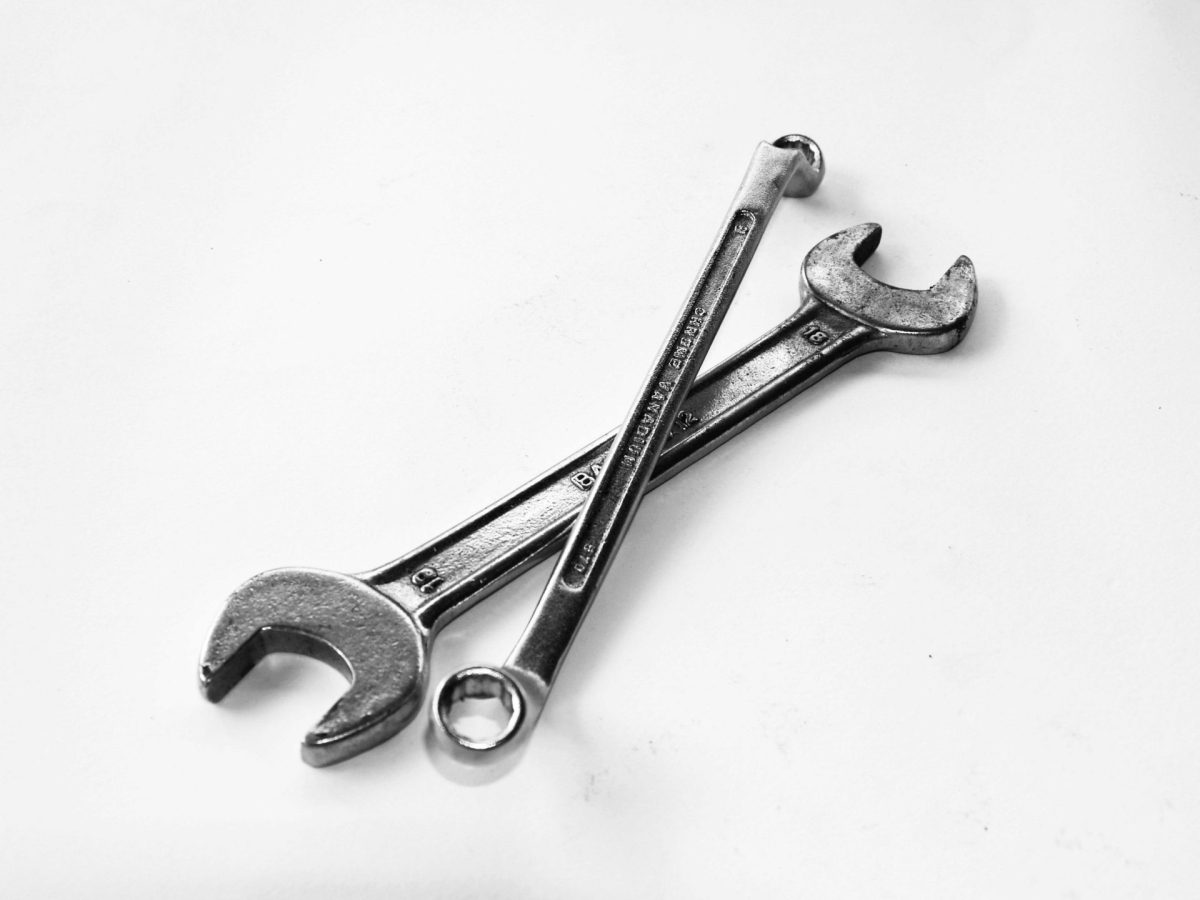Spare parts and preventative maintenance are the key to keeping operations running and ultimately maximising production profit margins. Cutting corners on maintenance may seem like a smart move until you are faced with broken down prodution line, operatives with nothing to do and your unfinished product spoiling.
In the world of fast-moving consumer goods (FMCG), keeping operations running smoothly is critical to maintaining profits and standards. This is particularly true in the food industry, where production delays can lead to product degradation and significant wastage. That’s why it’s vital to minimise unplanned downtime caused by equipment breakdowns or failures.
When new machinery and systems are supplied, your vendor typically provides a list of critical or recommended spare parts. This isn’t to pad the manual or upsell you unnecessary components—it’s because, even with the best maintenance, parts wear out, fail, and can ultimately lead to costly breakdowns. Spare parts act as an insurance policy, and when combined with a thorough preventative maintenance program, they can save you significant time and money.
What Spares Should You Stock?
Any new machinery should come with a manual that guides you on which parts the manufacturer recommends keeping in stock. These usually include components that wear out quickly, are unique to the machine, or are critical to its operation.
For older machines, or those without a manual, consult your engineering and maintenance teams. They’ll know which parts need regular replacement and which are critical to keep the line running. Ensure you maintain a minimum stock of these items to reduce downtime when issues arise. Remember to reorder replacements as soon as spares are used.
For conveyors, typical spare parts include belts, bearings, drive and tail rollers or sprockets, and motors. Additionally, it’s wise to stock electrical sensors and cables, which are often critical to operations and prone to damage. General mechanical spares, such as nuts and bolts, are also useful for quick fixes to prevent small issues from escalating.
The Role of Preventative Maintenance
Having a stock of spare parts doesn’t mean you should neglect your machinery until something breaks. A reactionary approach might suffice if you can afford extended downtime, but it’s a costly strategy. Production staff are left idle, and overtime may be needed to compensate for lost time. A more efficient alternative is a proactive preventative maintenance program.
Preventative maintenance doesn’t have to be complicated. Regular inspections for worn or missing parts can identify issues before they lead to breakdowns. This allows you to plan replacements during scheduled downtime and avoid emergency repairs. Additionally, spotting a worn item not on your recommended list provides time to source a spare before it becomes a problem.
Service Visits
Over the years, many factory engineering teams have been reduced to skeleton crews, leaving little time for preventative maintenance. As a result, reactionary repairs have become the norm. To address this, WMH offers a team of service engineers who can perform regular planned maintenance on WMH equipment. Services can be provided on an ad hoc basis to restore machines to their original condition or as part of an ongoing servicing program tailored to your needs.
For more information about spares and servicing, email enquiries@wmh-uk-ltd.com.
